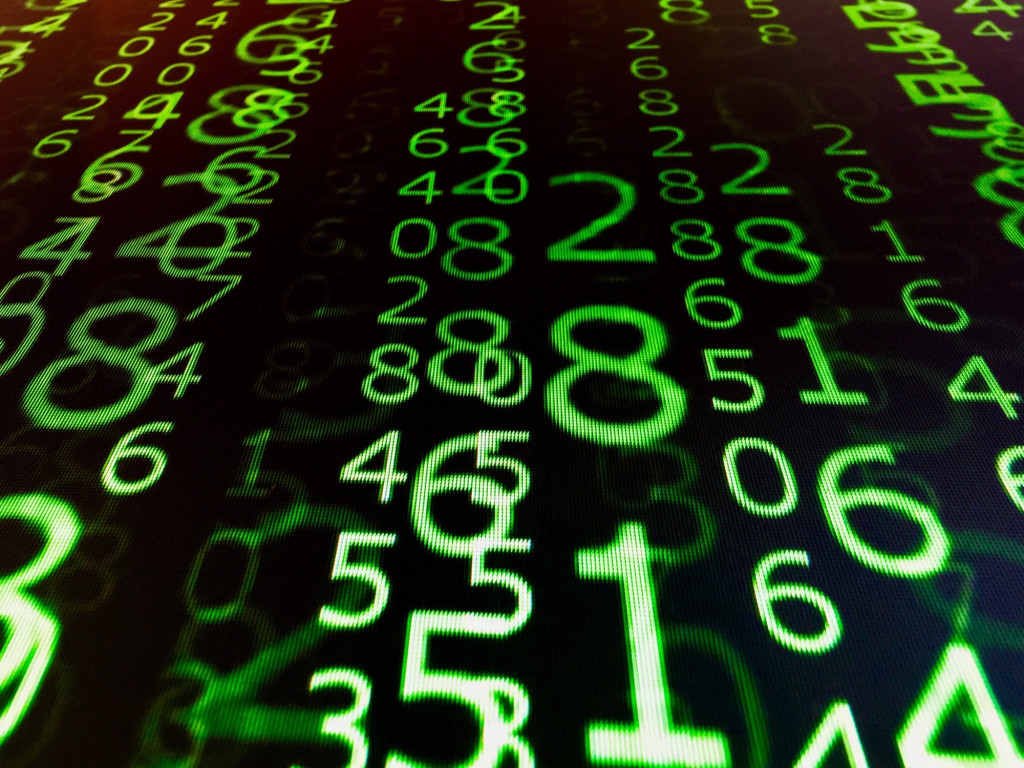Global initiative calls for binding AI red lines by 2026
The signatories include several Nobel Prize winners, former heads of state, and prominent researchers such as Geoffrey Hinton, Ian Goodfellow, and Yoshua Bengio. Others lending their support are OpenAI co-founder Wojciech Zaremba, historian Yuval Noah Harari, and actor and writer Stephen Fry.

A coalition of international experts and public figures has launched the Global Call for AI Red Lines, an initiative urging governments to establish clear boundaries on how artificial intelligence can be developed and used. The campaign warns that without urgent action, advanced AI systems could pose severe risks to public safety, security, and human rights.
The initiative highlights concerns that AI could be misused to create engineered pandemics, spread large-scale disinformation, manipulate vulnerable groups, including children, and undermine employment and privacy. According to its backers, some AI systems are already showing harmful or deceptive behaviour, raising doubts about whether meaningful human oversight can be maintained as the technology grows more powerful.
To address these risks, the coalition is calling for an international agreement by 2026 that would define red lines for AI and establish strong enforcement mechanisms. The proposal seeks to build on existing frameworks and corporate pledges but aims to ensure that all developers of advanced AI systems are held accountable.
The signatories include several Nobel Prize winners, former heads of state, and prominent researchers such as Geoffrey Hinton, Ian Goodfellow, and Yoshua Bengio. Others lending their support are OpenAI co-founder Wojciech Zaremba, historian Yuval Noah Harari, and actor and writer Stephen Fry.
Why does it matter?
While warnings about AI’s dangers have circulated for decades, the initiative stands out for its combination of high-profile endorsements, a demand for enforceable international rules, and a clear deadline. Supporters argue that these measures are essential to prevent misuse of a technology that could shape the future of societies worldwide.


